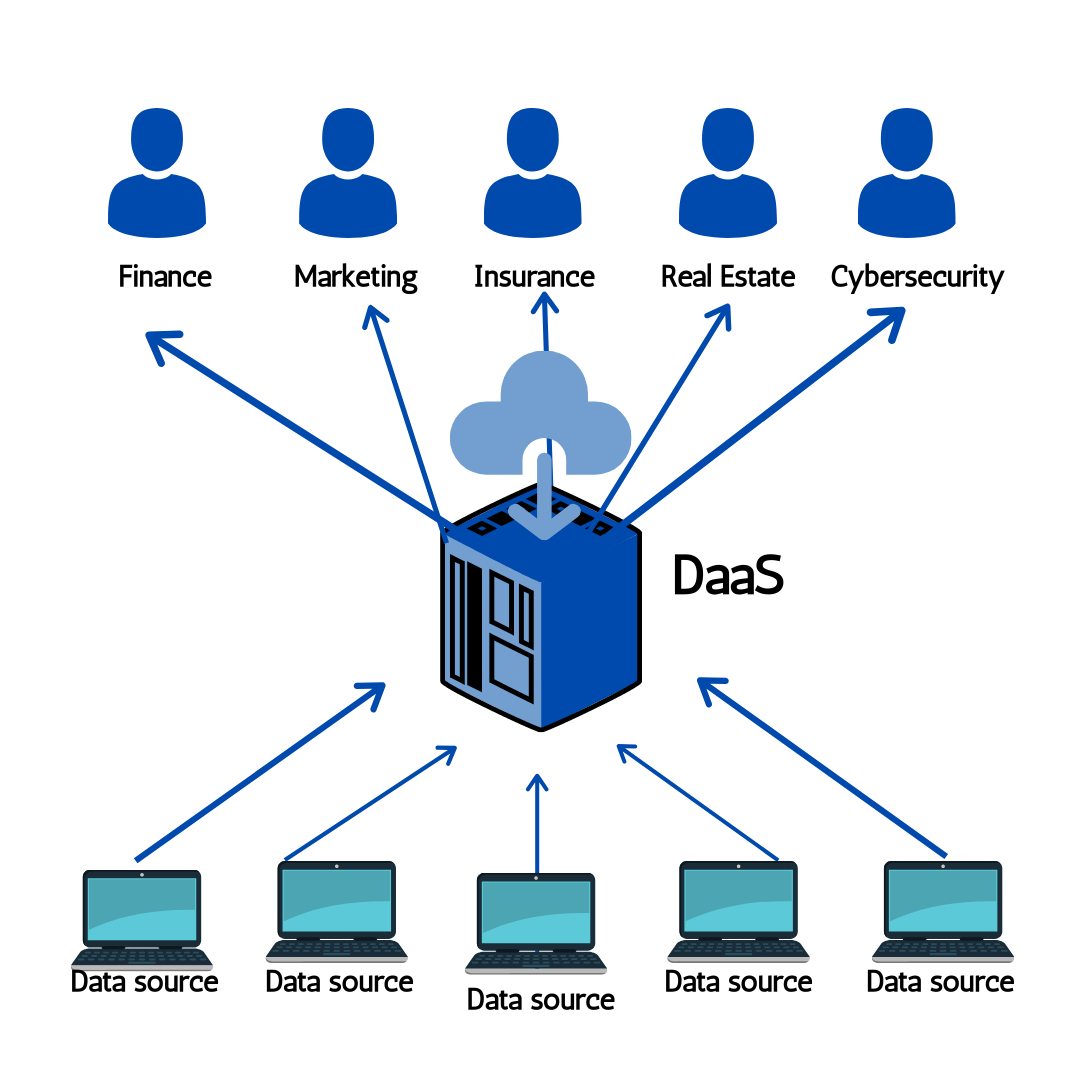Inquire
DaaS Market Future Prospects, Revenue & Industry Analysis | 2032

Despite its strong growth and strategic importance, the Data as a Service (DaaS) Market Restraints are significant and can create substantial challenges for both the data providers and their customers. The Data as a Service Market size is projected to grow USD 75.2 billion by 2032, exhibiting a CAGR of 17.23% during the forecast period 2024 - 2032. The single most significant and pervasive restraint is the complex and rapidly evolving landscape of data privacy and data protection regulations. The collection and use of personal data is now subject to a growing and often conflicting patchwork of stringent laws around the world, most notably the General Data Protection Regulation (GDPR) in Europe and the California Consumer Privacy Act (CCPA). These regulations impose strict rules on how personal data can be collected, used, and shared, and they require a clear legal basis and often explicit consumer consent. This regulatory environment is a massive restraint for DaaS providers, particularly those who deal in consumer and marketing data. It significantly increases their compliance burden and their legal risk, and it can limit the types of data they are able to collect and sell.
A second major restraint is the persistent and difficult challenge of ensuring data quality, accuracy, and timeliness. The value of any DaaS offering is directly tied to the quality of its underlying data. However, maintaining a high level of data quality is an incredibly difficult and expensive task. Data is in a constant state of decay; people change their jobs and their contact information, companies go out of business, and new information is being generated every second. A DaaS provider must have a robust and continuous process of data collection, verification, cleansing, and enrichment to ensure that their data remains accurate and up-to-date. A failure to do so can quickly lead to a loss of customer trust and a damaged brand reputation. This is a major restraint on profitability, as a significant portion of a DaaS provider's operational cost is dedicated to these data quality and data stewardship activities. For the customer, the inconsistent quality of the data available on the market is also a major restraint, as it often requires them to invest in their own data quality processes to clean up the data they have purchased.
The third, and often underestimated, restraint is the "last mile" problem of data integration and the skills gap within the customer organizations. A DaaS provider can deliver a high-quality data feed, but that data is useless if the customer does not have the technical capability to integrate it into their own systems and the analytical skills to extract value from it. Many organizations, particularly small and medium-sized enterprises, still lack a modern data infrastructure and the in-house data engineering and data science talent needed to effectively consume and analyze large, complex datasets. This skills gap is a major restraint on the market, as it can limit a company's ability to achieve a positive return on investment from their data purchases. This is forcing the more successful DaaS providers to move beyond simply providing a raw data feed and to invest in building more user-friendly tools, pre-built integrations, and even providing analytics services to help their customers to bridge this "last mile" and to successfully turn the data into actionable business insights.
Top Trending Reports -
Property Management Market Size, Share, Trends - 2035
Field Service Management Market Size, Industry Report - 2035
Testing, Inspection, and Certification Market Size, Share - 2035
- Managerial Effectiveness!
- Future and Predictions
- Motivatinal / Inspiring
- Other
- Entrepreneurship
- Mentoring & Guidance
- Marketing
- Networking
- HR & Recruiting
- Literature
- Shopping
- Career Management & Advancement


 SkillClick
SkillClick